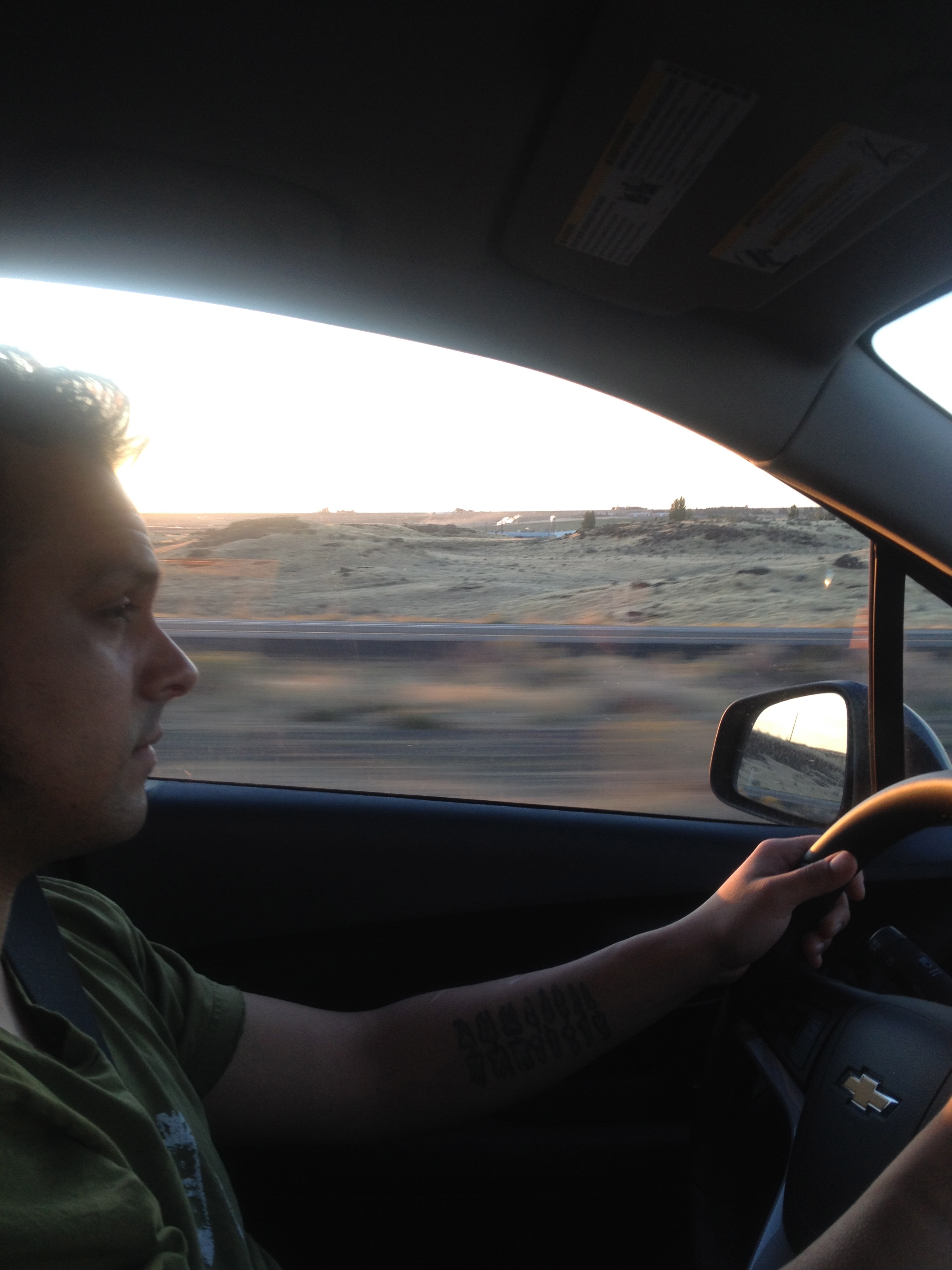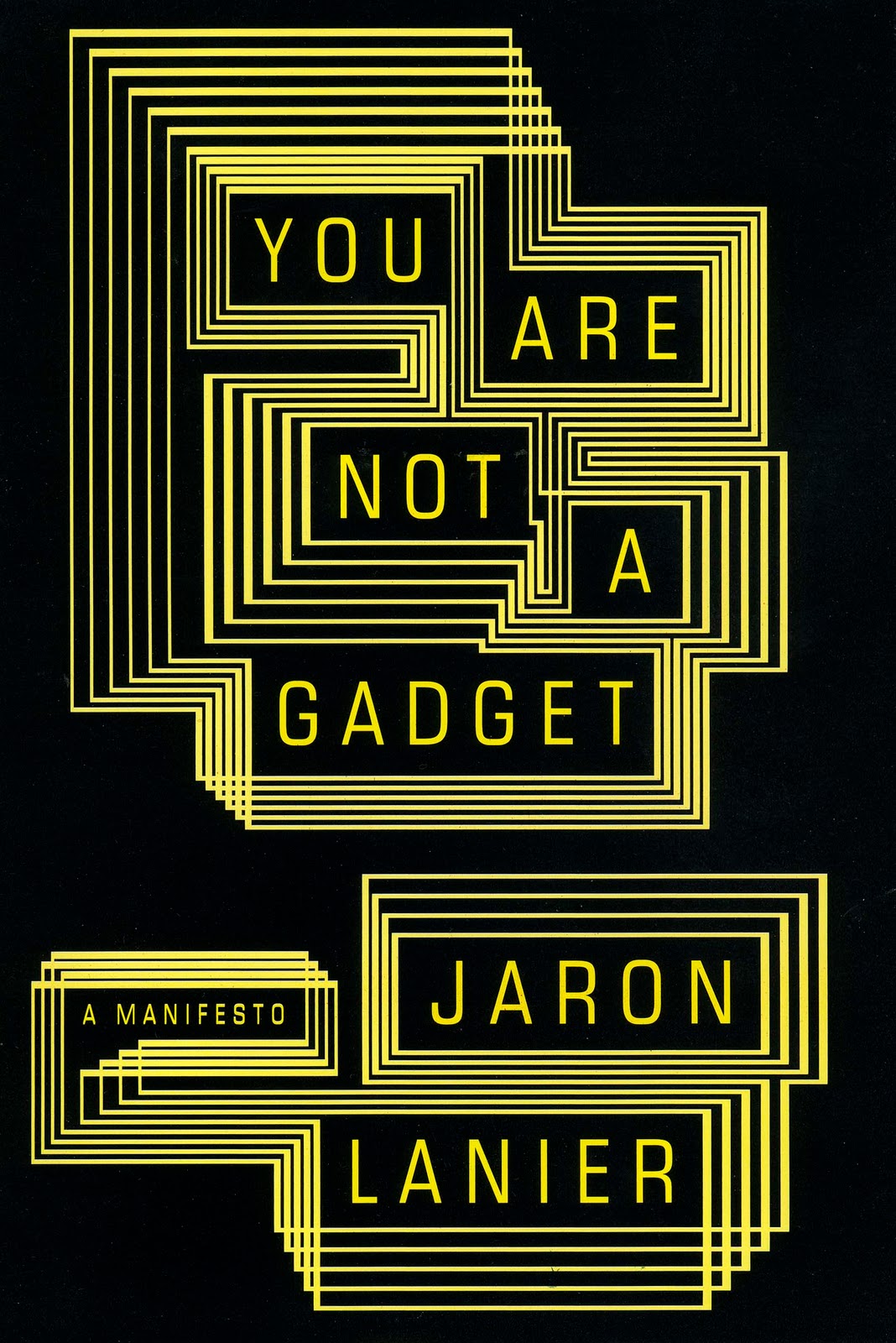 I was initially nonplussed when my girlfriend suggested we drive from Portland to North Dakota to attend a lecture series put on by the North Dakota Humanities Council.
She wanted to see journalist Jon Ronson speak about his recently published book "So You've been Publicly Shamed", an insightful investigation into the culture of social media and the growing consequence of digital reputation. It mirrored the theme of the Humanities Council's Gamechanger event- How is Technology Changing Humanity?
I was initially nonplussed when my girlfriend suggested we drive from Portland to North Dakota to attend a lecture series put on by the North Dakota Humanities Council.
She wanted to see journalist Jon Ronson speak about his recently published book "So You've been Publicly Shamed", an insightful investigation into the culture of social media and the growing consequence of digital reputation. It mirrored the theme of the Humanities Council's Gamechanger event- How is Technology Changing Humanity?
Ronson is a consummate reporter who's published several books exploring a number of fringe communities. His voice concisely documents the "destruction" of several individuals carried out in the 21st century pillory of the world wide web. I eventually read it and had to concur that it was superior writing. Ronson doesn't just recount the stories of victims, pressing his subjects for their interpretation of the phenomenon as it replicates itself hour after hour on the web. He interviews judges, politicians, and academics, producing a brief history of shame and punishment.
At the moment, I was in the middle of "Who Owns the Future", whose author's name I was shocked to see below Ronson's- Jaron Lanier.
The book is a surprisingly readable analysis about the effect of the modern web on our society, principally the many industries digital networks have disrupted and in some cases eviscerated-- music, journalism, and publishing. Lanier warns of near future targets such as health care and customer service, not to stoke fears, but to urge engagement and recognition that nothing about the internet and technology is accidental, but the result of design- design that end users should be demanding place humans at center stage. Don't take it for a luddite manifesto; Lanier has worked in computer science since the 70s, engineering some of the most groundbreaking virtual reality technologies in the world.
What were the odds of the authors of books we were both currently engrossed in speaking at a conference within driving distance? What else would we do but rent a car and plan a road trip to the middle of one of the most desolate states in the country?
Though he spoke in the middle of the roster, Richard Van Eck seemed make the most proximate delivery of the night given the venue and audience. His talk was billed The Power of Video Games to Reshape Learning.
His closing word to the wise? That, concerning education, we must decide the outcome we want students to have and work backward from this goal to create a structure that can produce it, because if we simply try to incorporate video games and other emerging technologies into our existing school systems, the result will likely be refurbished mediocrity at best.
I wondered what the audience really made of his presentation. It seemed comprised mostly of educators, many, one of the event's hosts informed us, were sent on scholarships from their respective schools and colleges in efforts to keep them relevant to modern student bodies.
Van Eck's stories of out-of-class computer obsession as a youth in the early 80s brought to mind some comments by Marshall McLuhan, a Canadian Literature Professor and author of several famous books from the 60s and 70s dealing with the effects of different mediums on human behavior and perception on a mass scale. He claimed that television had created a new environment for all young people in the mass media societies. For the first time in centuries for anglo-americans wherein information, the substance of education, was more available and efficiently consumed outside of schools than in, creating historic shifts in cultures, industries, and social relationships. He reiterated his premise in The Medium is the Massage, War and Peace in the Global Village, and Understanding Media: the Extensions of Man", as well as countless interviews, that electricity and mass media had retribalized western society, eliminating an ironclad foundation of the printed word, giving us "an ear for an eye", with myriad destabilizing effects on our very psyches.
The crowd at Gamechanger was far from some of the myopic embittered conference scenes I've been privy to, but I couldn't help but think that many were politely balking at the idea that their institutions were fundamentally unsuited to adopting the mediums most likely to engage their students, and may indeed require replacement rather than reform. Time will tell.
Bioethicest and biotechnology expert Lori Andrews illustrated many of the real world consequences of the modern love affair with social media in her presentation I Know Who You Are and I Saw What You Did: Social Networks and the Death of Privacy. Produced a jaw dropping laundry list of Americans fired over dubious quotes on Twitter, indicted by police from contextless photos on Facebook, and students spied on in their homes by school funded devices. Besides the stories that could be shrugged off as salacious outliers of a mostly benign digital landscape, Andrews went on to detail the new normal of internet recon major employers use to determine who is hired in the post-privacy world order. She also recounted her Social Network Constitution, available for perusal online.
Transhumanism, singularities, and the parameters of personhood were analyzed by religious scholar and computer scientist Noreen Herzfeld, who argued persuasively against the notion that uploading a human brain, no matter how sophisticated a procedure we may one day design, will genuinely achieve immortality, at least as most imagine the concept. A mind in a program run on a computer is not the same as a living person. Is it even still a real intelligence, exorcised from a body subject to chemical reactions and encounters with other beings in physical space? Immortality has throughout history been portrayed in all human cultures as a Faustian proposition. Herzfeld is dismayed at the credence many currently pay to the prospect of digitally procured life extension and eagerness to anthropomorphize emerging technologies.
It seemed oddly fitting that the closing speaker of a conference fraught with cautionary tales and invocations of insidious threats to come would be an advocate of virtual reality who claimed to use zero social media.
Jaron Lanier is a unique speaker, jumping from past to present seamlessly, interrupting himself on a regular basis without losing momentum, elucidating dense scientific theories without excessive jargon through stories of personal friends from Silicon Valley and intellectual ancestors from the near and distant past. One such was Alan Turing, the subject of several recent biographies and films, claimed by many to have put forth the scientific basis for artificial intelligence. Turing was a brilliant British mathematician who cracked an historic German code during World War 2 that some say was crucial to the Allies winning the war. He was also a gay man forced to live in denial and later hounded into quack medical treatments for his "mental illness" that likely led to his suicide. Lanier deftly connected some of the ideas Turing put forward near the end of his life concerning artificial intelligence to some of the bright new tropes of the day such as web 2.0, big data, and predictive algorithms. To be sure, there are innovations to be found in these ideas, but most are double-edged swords, equally capable of propelling us backwards into neurotic spirals of narcissism and self-fulfilling prophecy. Are the new platforms we pour our personal data into really superintelligent or are we retarding our expectations and perceptions to make them seem that way? Lanier remains optimistic, positing that technology can indeed save us, but only if we make conscious efforts to design it to do so. Not a given in our current race to the future.
When greeted with near silence at his question of who in the audience has experienced a virtual reality program such as Occulus Rift, Lanier marveled that this would probably be one of the last audiences he'd speak in front of that would answer as such. During the closing discussion when all the speakers returned to the stage, Lori Andrews expressed great trepidation at the effects mass virtual reality would have on people, and he conceded that it may be the worst thing that could happen, as well as the best. But far from being an escape from the pains and struggles of real life, Lanier says the most accurate description of VR working properly is a "consciousness-recognizing machine". There is a moment, he claims, in every users' experience exploring a computer generated environment when the brain "believes" in the virtual world and the human being experiences their own perception in a radically new light. 11:8:15






 I was initially nonplussed when my girlfriend suggested we drive from Portland to North Dakota to attend a lecture series put on by the North Dakota Humanities Council.
She wanted to see journalist Jon Ronson speak about his recently published book "So You've been Publicly Shamed", an insightful investigation into the culture of social media and the growing consequence of digital reputation. It mirrored the theme of the Humanities Council's Gamechanger event- How is Technology Changing Humanity?
I was initially nonplussed when my girlfriend suggested we drive from Portland to North Dakota to attend a lecture series put on by the North Dakota Humanities Council.
She wanted to see journalist Jon Ronson speak about his recently published book "So You've been Publicly Shamed", an insightful investigation into the culture of social media and the growing consequence of digital reputation. It mirrored the theme of the Humanities Council's Gamechanger event- How is Technology Changing Humanity?
